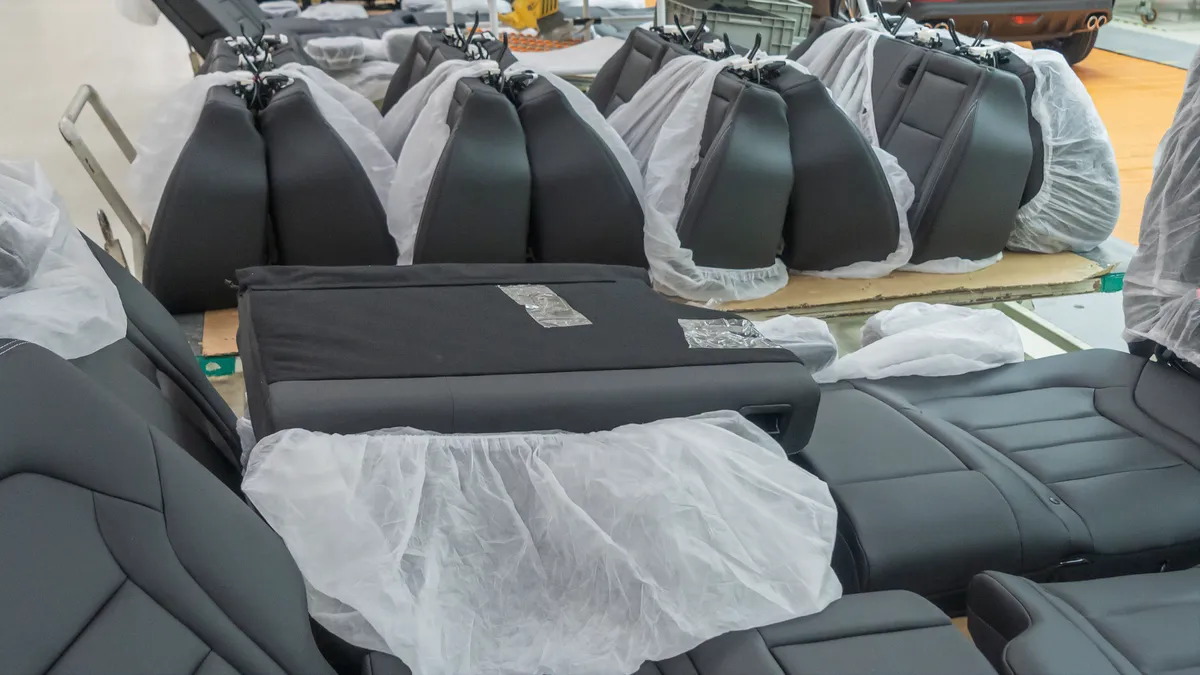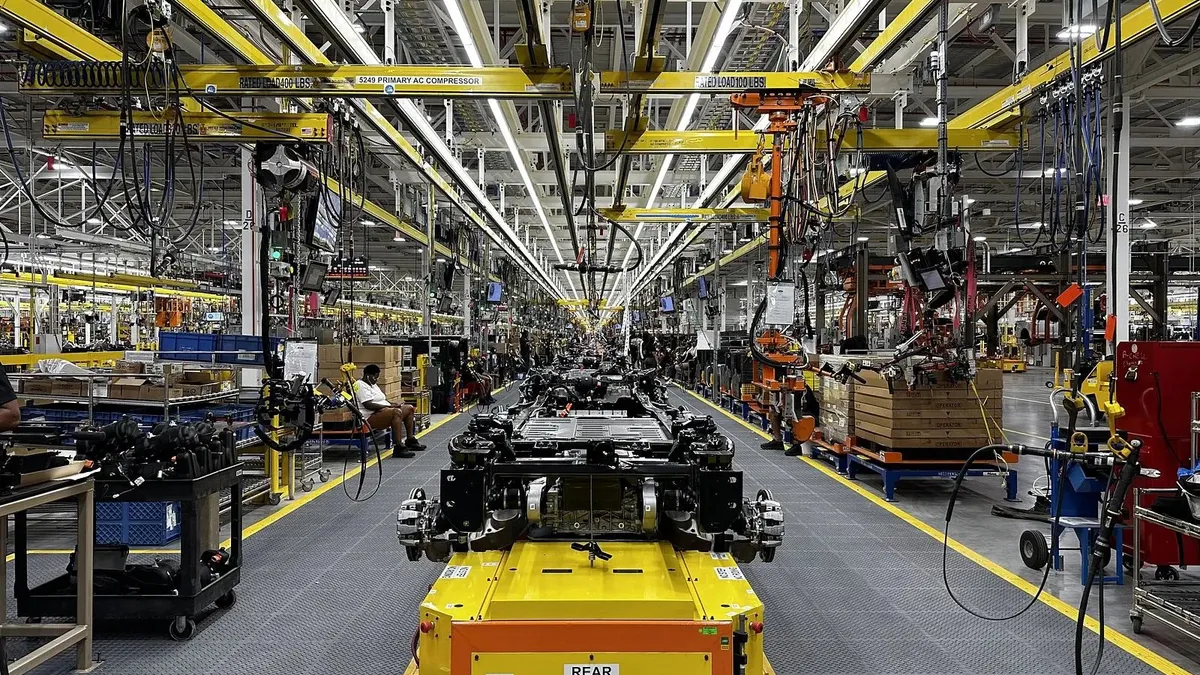Dive Brief:
- Stellantis plans to invest 5.6 billion euros ($6.1 billion) to launch new vehicles in South America from 2025 to 2030, according to a Tuesday press release. The investment is the largest ever by an automaker in the region, according to Stellantis.
- The planned investments will support the launch of more than 40 new products through 2030, as well as the development of new technologies, such as Bio-Hybrid vehicles and other decarbonization technologies across its local supply chain.
- “This announcement solidifies our trust and commitment in the future of the South American automotive industry and is a response to the favorable business environment here,” Stellantis CEO Carlos Tavares said in a statement.
Dive Insight:
Stellantis, General Motors, Toyota and Volkswagen are collectively investing billions to launch new vehicles in South America and Brazil to boost profits and gain market share in the region’s booming auto market.
Stellantis already has a major presence in South America. The automaker said it sold over 878,000 vehicles there last year, accounting for a 23.5% market share. Its reported market share in Brazil was even higher, at 31.4%.
“As a critical part of our ‘third engine’ growth strategy, South America will take a leading role in accelerating the decarbonization of mobility together with our employees, our supply chain network and our partners,” said Tavares.
Stellantis’ new hybrid vehicles for South America will feature advanced powertrains that use ethanol-based biofuels to power their internal combustion engines. The automaker plans to launch vehicles powered by three different hybrid powertrains — Bio-Hybrid, Bio-Hybrid electrified dual-clutch transmissions, and Bio-Hybrid Plug-In — in addition to introducing new fully electric models.
The automaker says its forthcoming Bio-Hybrid technology is flexible enough to add to other Stellantis models for the South American market. The first of these hybrid vehicles will be introduced by the end of 2024, according to the press release.
Furthermore, Stellantis will develop more advanced bio-fuel engine technology that uses 100% ethanol. The production of these hybrid vehicles is compatible with all of the automaker’s existing production lines in the region.
Last July, Volkswagen announced plans to invest over $1 billion in South America by 2026. The automaker aims to grow its business in Brazil by 40% through 2027.
General Motors is also making significant investments in Brazil. In January, the automaker announced it would invest $1.4 billion in manufacturing in Brazil to build a new generation of vehicles for the local market. Like Stellantis, these new GM vehicles include internal combustion engine vehicles, some of which will be imported from North America, as well as fully electric models.
Toyota is also investing heavily in South America. This week, Reuters reported that Toyota will invest $2.2 billion in Brazil over the next several years to launch new models, including building a hybrid car and a sport utility vehicle in Brazil.
According to local industry group ABVE, Brazil, which is the region's biggest auto market, registered 93,927 electrified light vehicles in 2023, an increase of 91% from 2022.














